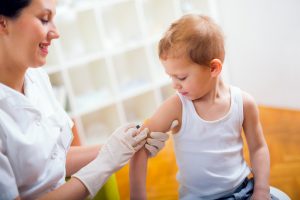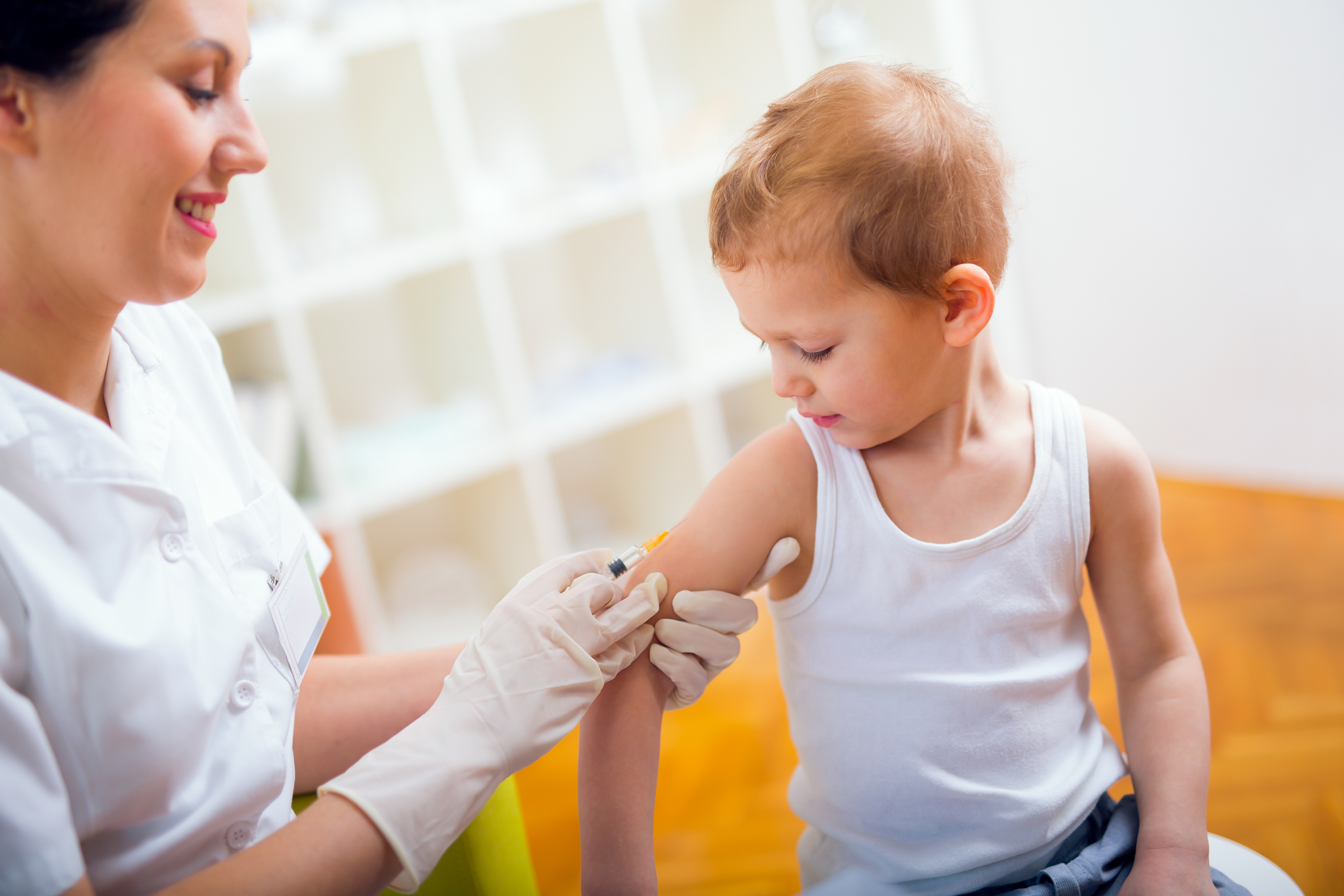 A group of researchers, with scientists from the University of Georgia, has established that the return of pertussis – commonly known as whooping cough in America – is a predictable outcome of incomplete treatment with an effective vaccine. This conclusion goes against existing theories as to why we have seen a resurgence in the disease outbreak even while the vaccine is administered at an early age. The study is very important to public health in that it exposes the truth that there has not been any change in the epidemiology of whooping cough that was causing the increasing number of cases, says Pejman Rohani, senior author with a joint appointment at the Odum School of Ecology and the UGA College of Veterinary Medicine. The resurgence is due to the way vaccines are administered in the past and that the effect could take years to manifest.
A group of researchers, with scientists from the University of Georgia, has established that the return of pertussis – commonly known as whooping cough in America – is a predictable outcome of incomplete treatment with an effective vaccine. This conclusion goes against existing theories as to why we have seen a resurgence in the disease outbreak even while the vaccine is administered at an early age. The study is very important to public health in that it exposes the truth that there has not been any change in the epidemiology of whooping cough that was causing the increasing number of cases, says Pejman Rohani, senior author with a joint appointment at the Odum School of Ecology and the UGA College of Veterinary Medicine. The resurgence is due to the way vaccines are administered in the past and that the effect could take years to manifest.
Pertussis is actually a respiratory tract infection caused by the Bordetella pertussis bacterium capable of causing serious infections in infants and young children. Regular vaccinations for this disease started in the 1940s and led to a hundred-fold decrease in the volume of annual reported cases down to the level that the possibility of totally eliminating the disease seemed likely. However, pertussis has made a stunning gradual comeback since the mid-1970s. Rohani and his fellow researchers checked long-term health surveillance records from Massachusetts to understand the reason.
Findings
- The most popular hypothesis on the resurgence of pertussis is that a new generation of vaccines is flawed somehow. However, Rohani and his group found no evidence to support this claim. They rather saw that new pertussis vaccines have been largely effective like earlier ones despite not guaranteeing 100 percent lifelong immunity to individuals who got vaccinated.
- The team discovered that high rates of vaccinations when the vaccines were first introduced resulted in an overall reduction in transmission among the populace. As a result, those who were not vaccinated were even less likely to contract pertussis.
- As vaccinated individuals grew old, the immunity offered by the vaccine began to wear off in certain cases. Again, there were fewer people alive who survived outbreaks of pertussis infections before vaccination and subsequently gained lifelong protection.
- These twin realities mean the number of individuals who are susceptible to whooping cough infection is steadily rising, thus setting the stage for an increasing number of new cases especially in adults. This has been variously described as the “end of the honeymoon” epoch.
Recommendations
- The study model identifies the main transmission group as schoolchildren. Consequently, the team recommended this group to be the major focus of pertussis vaccination campaigns, instead of the prevalent emphasis on vaccinating adults.
- The team recommends to further examine the findings of this research to assess the frequency and number of booster vaccines.


